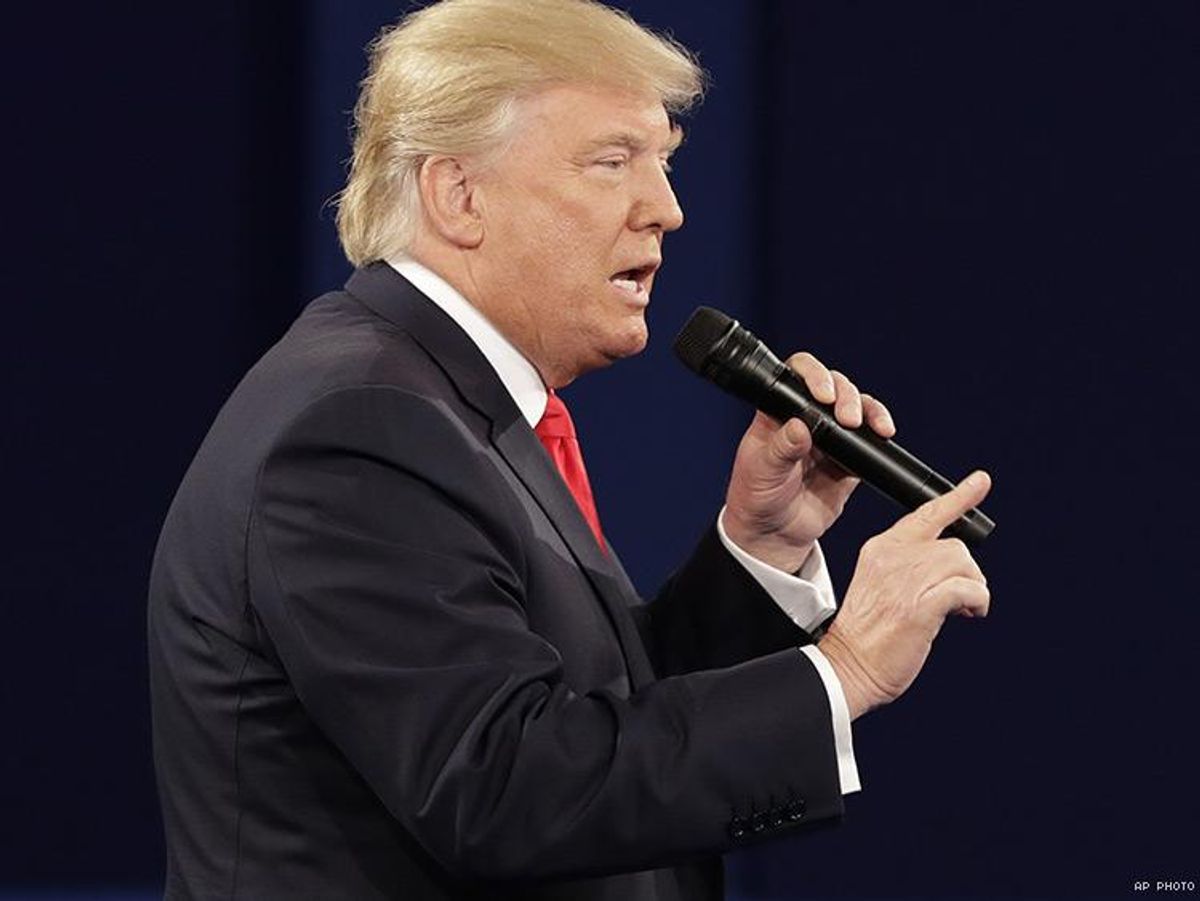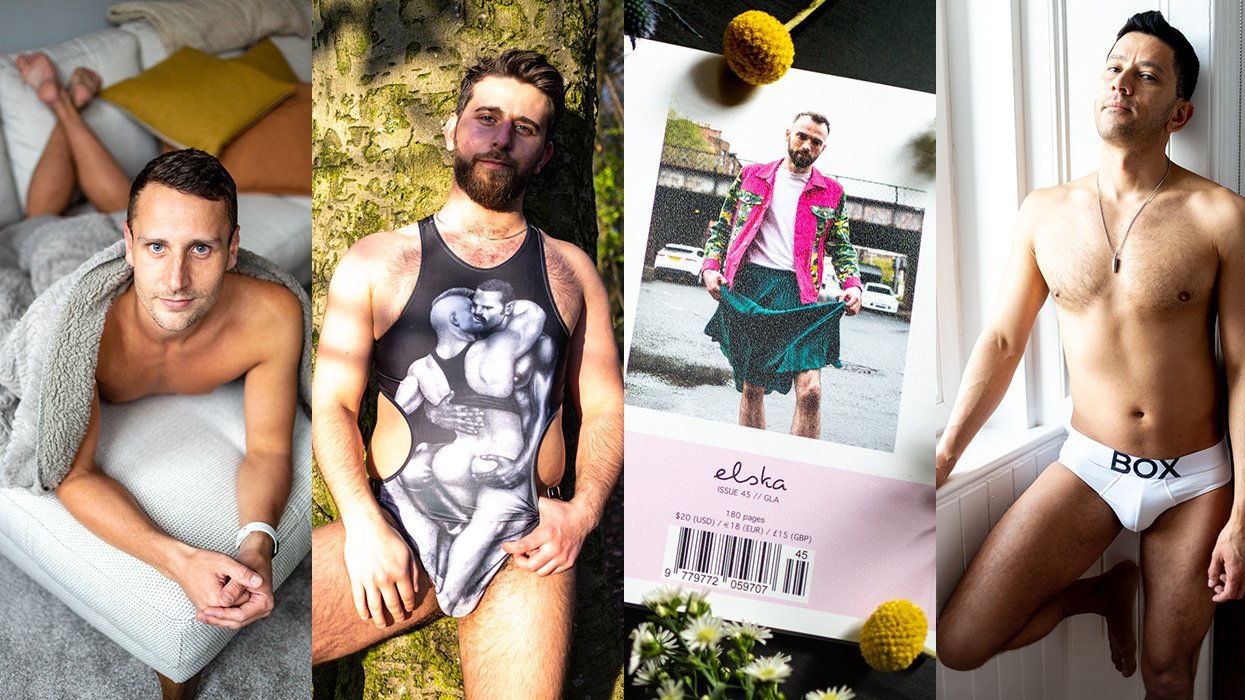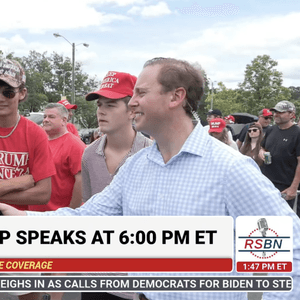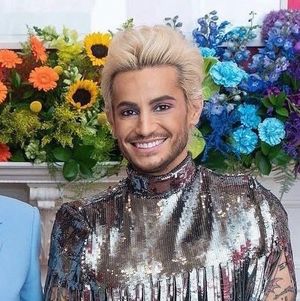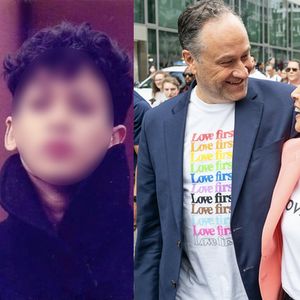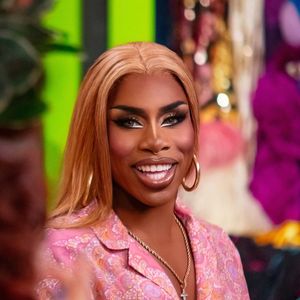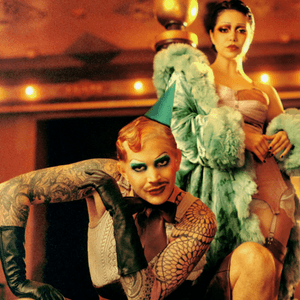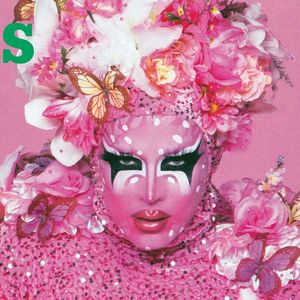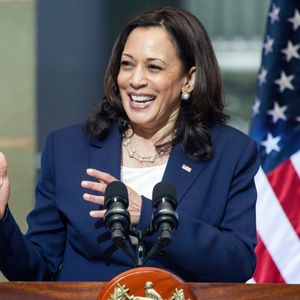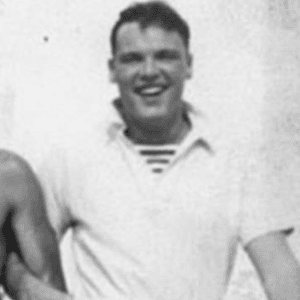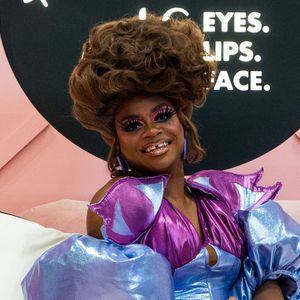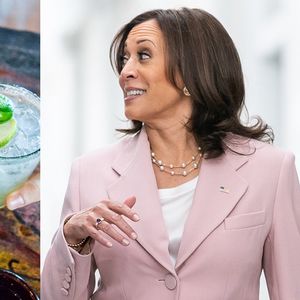Donald Trump told the audience gathered at Washington University during Sunday night's presidential debate that he would appoint a Supreme Court justice "in the mold" of the late Antonin Scalia, who was noted for his virulently anti-LGBT record on the bench.
The debate, which was the second meeting between the Republican nominee and Democratic opponent Hillary Clinton, was a tense, no-holds-barred affair. It was dominated by questions about Trump's recent misconduct, including a conversation recorded in 2005 between the CEO and then Access Hollywood host Billy Bush. On the tape, Trump frankly discusses grabbing women's genitals.
Featuring questions from a group of undecided voters chosen by Gallup, the candidates were also grilled about their Supreme Court picks. "What would you prioritize as the most important aspect of selecting a Supreme Court justice?" asked Beth Miller, who was seated behind the candidates as they debated.
Calling Scalia a "great judge," Trump promised to select someone who would fill the vacancy opened up by the far-right justice's death in February.
Claiming that the Constitution is "under siege by people like Hillary Clinton," the GOP nominee said that his choice will "respect the Second Amendment and what it stands for, what it represents." Trump, who has called for "law and order" to curb gun violence, is against stricter background checks and closing the gun-show loophole, which would slow down the process of obtaining a deadly weapon.
Trump also nodded to the list of potential choices he has previously outlined.
"I'm looking for judges," he continued, "and I've actually picked 20 of them so that people would see, highly respected, highly thought of, and actually very beautifully reviewed by just about everybody."
The "respected" names that Trump is alluding to include extremely conservative judges likely to overturn the Supreme Court's 2015 decision on marriage equality, which he has vowed to help undo if elected to the presidency. Following last year's ruling, Judge Don Willett of Texas -- a Trump Supreme Court pick -- tweeted his displeasure over the decision. "I could support recognizing a constitutional right to marry bacon," he wrote.
Other selections on Trump's list of 21 names have also raised eyebrows in the LGBT community.
Judge William H. Pryor Jr., also from Texas, supported the state's antisodomy laws, which were struck down in as unconstitutional in the Supreme Court's 6-3 Lawrence v. Texas ruling. Pryor, who has referred to LGBT equality as "political correctness," filed a friend-of-the-court brief in support of criminalizing homosexuality. Judge Diane Sykes, who serves on the Seventh U.S. Circuit Court of Appeals, upheld a student group's right to discriminate against LGBT classmates and remain a recognized on-campus organization.
If Trump hopes to pick a new Scalia, these justices will go a long way to doing so. Throughout his career, the justice was no friend to LGBT people. Scalia compared the LGBT community to pedophiles, murderers, polygamists, adulterers, bigamists, and people who have sex with animals.
"Many Americans do not want persons who openly engage in homosexual conduct as partners in their business, as scoutmasters for their children, as teachers in their children's schools, or as boarders in their home," Scalia wrote in his infamous dissent in Lawrence v. Texas. "They view this as protecting themselves and their families from a lifestyle that they believe to be immoral and destructive."
Clinton, however, vowed to appoint justices who would uphold the Supreme Court's decision on marriage equality as well as Roe v. Wade.
"I want to appoint Supreme Court justices who understand the way the world really works," the former secretary of State said Sunday night, "who have real-life experience, who have not just been in a big law firm and maybe clerked for a judge and then gotten on the bench, but, you know, maybe they tried some more cases, they actually understand what people are up against."
Clinton, who has previously stated her admiration for Justice Sonia Sotomayor, is likely to appoint Supreme Court judges in her mold.
Although the candidates alluded to the rights of the LGBT community in their responses, which continue to be under attack across the country, the moderators did not ask LGBT-specific questions. In all the general election debates, including the first presidential debate and last week's vice-presidential forum, LGBT issues have yet to be raised.
